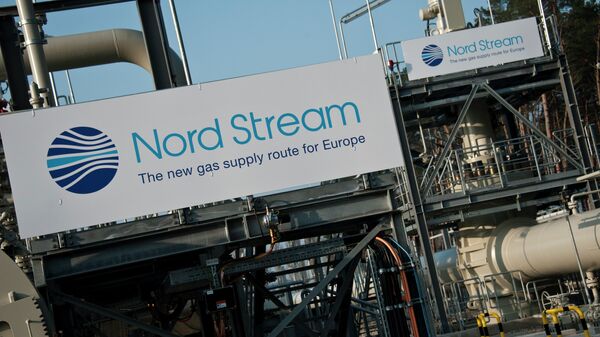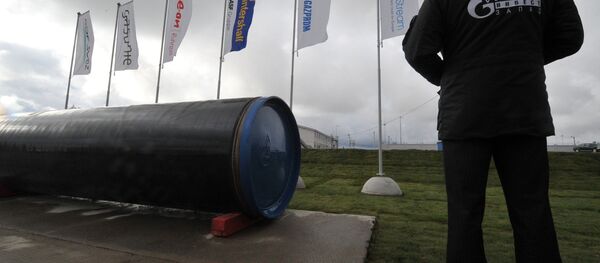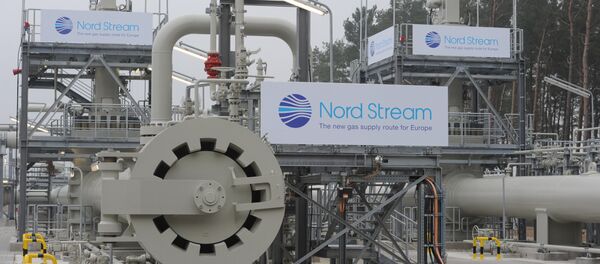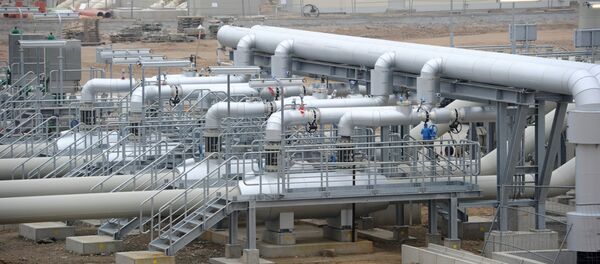Germany has been especially interested in the project, saying it will mitigate declining European gas production and the possible disruption in supplies via Ukraine.
In Eastern Europe, Russia’s gas giant Gazprom supplies nearly 100 percent of some states’ needs.
Until recently, Germany had given no response to claims that Nord Stream-2 would pose a threat to the European Union. On January 18, Polish President Andrzej Duda said the new pipeline would undermine the solidarity of the bloc and was dictated by politics rather than economy.
Meanwhile, the project has also been opposed by the US since it would cut Russia’s reliance on gas transit via Ukraine. Thus, Russia’s political positions as well as its economic ties with Europe would grow stronger. Washington has repeatedly pledged to bury the project, as was the same for the South Stream pipeline.
So, could the Gabriel’s statement mean that finally Germany has caved in to the US?
"I think what Germany is doing now is calming the concerns of Eastern European states. Some of these states now risk losing hundreds of millions of euros if transit of Russian gas ends," Igor Yushkov, an analyst at the National Energy Security Fund, told Svobodnaya Pressa.
For example, Slovak Economy Minister Vazil Hudak warned that his country would lose up to $400 million a year due to the new pipeline.
However, some of the countries, including Poland, would not sustain transit-related losses. Currently, Poland receives Russian gas via the Yamal pipeline. If desired, Warsaw could also join Nord Stream-2.
"As for 'guarantees from Russia', it is unclear what Gabriel meant. If it is about long-term contracts it should be settled via multilateral talks. But I think Germany’s main concern is Ukraine which would lose over $2 billion of transit incomes that cannot be compensated. If this happens, the EU, and particularly Berlin, would have to help Kiev. This is why Gabriel has urged a compromise – building Nord Stream-2, but with guaranteed gas supplies to Ukraine," the expert pointed out.
However, opposition to the new pipeline is dictated by politics, Yushkov said.
Nevertheless, he said. Germany will not abandon the project since it will guarantee its energy security, he concluded.




